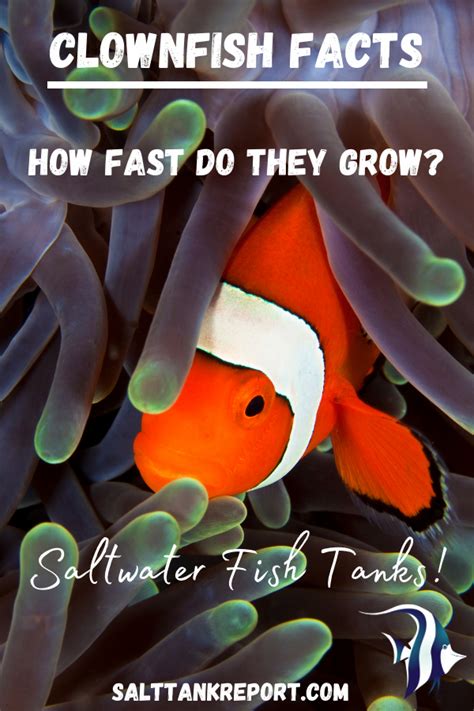How Fast Can A Clown Fish Swim
Ronan Farrow
Apr 04, 2025 · 2 min read

Table of Contents
How Fast Can a Clownfish Swim? A Deep Dive into Ocellaris Speed
Clownfish, also known as anemonefish, are captivating creatures renowned for their vibrant colors and symbiotic relationship with sea anemones. But how fast can these seemingly delicate fish actually swim? While they aren't known for their speed, understanding their swimming capabilities provides fascinating insights into their survival strategies.
Clownfish Swimming Speed: A Complex Question
There isn't a single definitive answer to "how fast can a clownfish swim?". Their speed varies significantly depending on several factors:
Factors Affecting Clownfish Speed
- Species: Different clownfish species possess varying body shapes and muscular structures, impacting their swimming efficiency. Some species are naturally more agile than others.
- Size and Age: Juvenile clownfish are smaller and less powerful swimmers compared to their adult counterparts. Size directly correlates with muscle mass and swimming ability.
- Water Temperature: Water temperature affects the viscosity and density of water, influencing how easily a fish can propel itself. Cooler water often means slower swimming speeds.
- Currents: Strong ocean currents significantly affect a clownfish's effective speed. They may need to expend considerable energy just to maintain their position.
- Reason for Swimming: A clownfish darting away from a predator will swim much faster than one leisurely exploring its anemone. Their maximum speed is rarely utilized in everyday life.
Estimating Clownfish Swimming Speed
While precise measurements are scarce, observing clownfish in their natural habitat and controlled environments provides estimates. Their swimming speed is generally considered relatively slow compared to other reef fish. They are more adept at quick bursts of speed for short distances, primarily for escaping danger or maneuvering within their anemone. Sustained, long-distance swimming isn't their forte.
Think of it like this: they're more like sprinters than marathon runners in the underwater world.
Comparing to Other Reef Fish
Compared to faster reef fish like angelfish or butterflyfish, clownfish are considerably slower. These other species require speed for hunting and navigating larger territories. Clownfish, with their protected anemone home, have a different evolutionary pressure.
Why Aren't Clownfish Fast Swimmers?
Their relatively slow swimming speed is a result of their evolutionary adaptation to their specific niche. Living within the protective tentacles of sea anemones reduces the need for exceptional speed to escape predators. Their energy is better spent on other survival strategies, such as maintaining their symbiotic relationship with the anemone and defending their territory.
Conclusion: Speed Isn't Everything for Clownfish
While clownfish may not win any underwater speed races, their swimming capabilities are perfectly suited to their environment and lifestyle. Their agility and bursts of speed are sufficient for survival within their anemone haven. Understanding their swimming habits provides further appreciation for the fascinating adaptations of these iconic reef inhabitants. Their survival isn't determined by speed, but rather by a clever combination of symbiotic relationships and strategic behaviors.
Featured Posts
Also read the following articles
| Article Title | Date |
|---|---|
| How Did Kent Cox Die | Apr 04, 2025 |
| How Did Jeff Alessi Pass | Apr 04, 2025 |
| How Do Deer Find Corn | Apr 04, 2025 |
| How Hot Does A Powder Coating Oven Get | Apr 04, 2025 |
| How Do You Store Serrano Ham | Apr 04, 2025 |
Latest Posts
Thank you for visiting our website which covers about How Fast Can A Clown Fish Swim . We hope the information provided has been useful to you. Feel free to contact us if you have any questions or need further assistance. See you next time and don't miss to bookmark.
